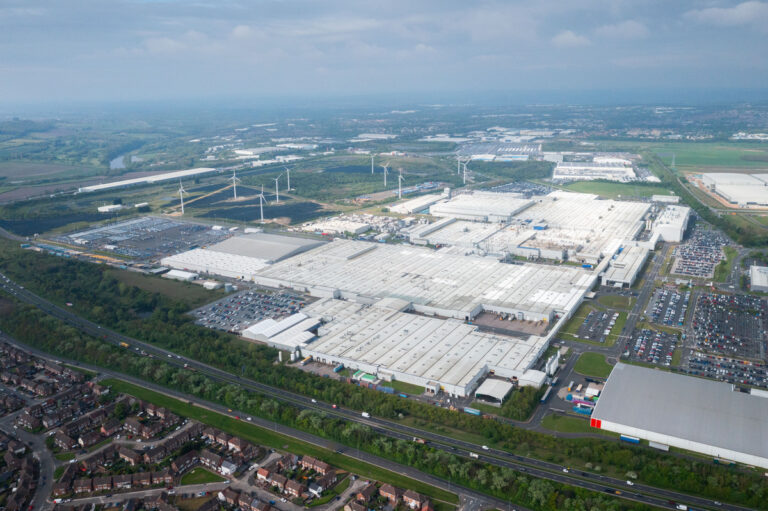Nissan has called for immediate action to revise the UK’s Zero Emissions Vehicle (ZEV) Mandate, warning that outdated targets and slowing electric vehicle (EV) sales risk penalising manufacturers and undermining the UK’s automotive sector.
Introduced to accelerate the transition from petrol and diesel to EVs, the ZEV Mandate was based on the assumption of sustained growth in consumer demand for EVs. However, despite significant discounts offered by manufacturers this year, the Society of Motor Manufacturers and Traders (SMMT) forecasts that EVs will account for just 18.5% of the UK market in 2024, falling short of the 22% target mandated. This target rises to 28% in 2025, amplifying challenges for carmakers.
Failure to meet these targets will result in hefty fines unless manufacturers purchase credits from EV-only brands, none of which produce vehicles in the UK. This situation effectively subsidises foreign EV industries at the expense of British jobs and investments.
Nissan’s Commitment to Electric Vehicles
Nissan has reaffirmed its dedication to a fully electric future, investing billions into new models and technologies across its UK operations. The company argues that the ZEV Mandate must be adjusted to reflect current market conditions and safeguard UK automotive investments. Specific proposals include:
- Short-term flexibility: Allowing manufacturers to borrow credits from future years.
- Monitoring period: Introducing a two-year grace period (2024-2025) to avoid financially crippling fines.
These measures, Nissan contends, would enable manufacturers to navigate current market headwinds while maintaining progress toward the 80% EV sales target by 2030.
Guillaume Cartier, Chairperson of Nissan’s Africa, Middle East, India, Europe, and Oceania (AMIEO) region, stressed the urgency of action:
“The Mandate risks undermining the business case for manufacturing cars in the UK, and the viability of thousands of jobs and billions of pounds in investment. We now need to see urgent action from the Government by the end of the year to avoid a potentially irreversible impact on the UK automotive sector.”
A Vital Industry Under Threat
UK automotive manufacturing, recognised in the Government’s Industrial Strategy as a critical growth sector, employs hundreds of thousands of people and contributes 12% of UK exports. Nissan, the UK’s largest carmaker, employs over 7,000 people and generates over £2 billion annually for the UK economy through wages, parts, and services. The company’s Sunderland plant produces vehicles for Europe and beyond, while its design and R&D teams in Paddington and Cranfield develop cutting-edge technologies.
Nissan’s EV36Zero initiative exemplifies its commitment to a sustainable future. The blueprint combines EV and battery production powered by renewable energy with investments in battery recycling, skills development, and vehicle-to-grid technology. Three new EV models have already been announced for UK production under this scheme.
The Path Forward
Nissan emphasises the need for broader discussions around consumer incentives and charging infrastructure to support the long-term EV transition. However, the immediate adjustments proposed to the ZEV Mandate would not cost taxpayers and would prevent vital investments from being diverted to fines and overseas credits.
Cartier concluded:
“We are committed to working with Government and industry partners on a long-term solution, but action is needed urgently to ensure we protect UK car manufacturing and support the transition to zero emissions and carbon neutrality.”

